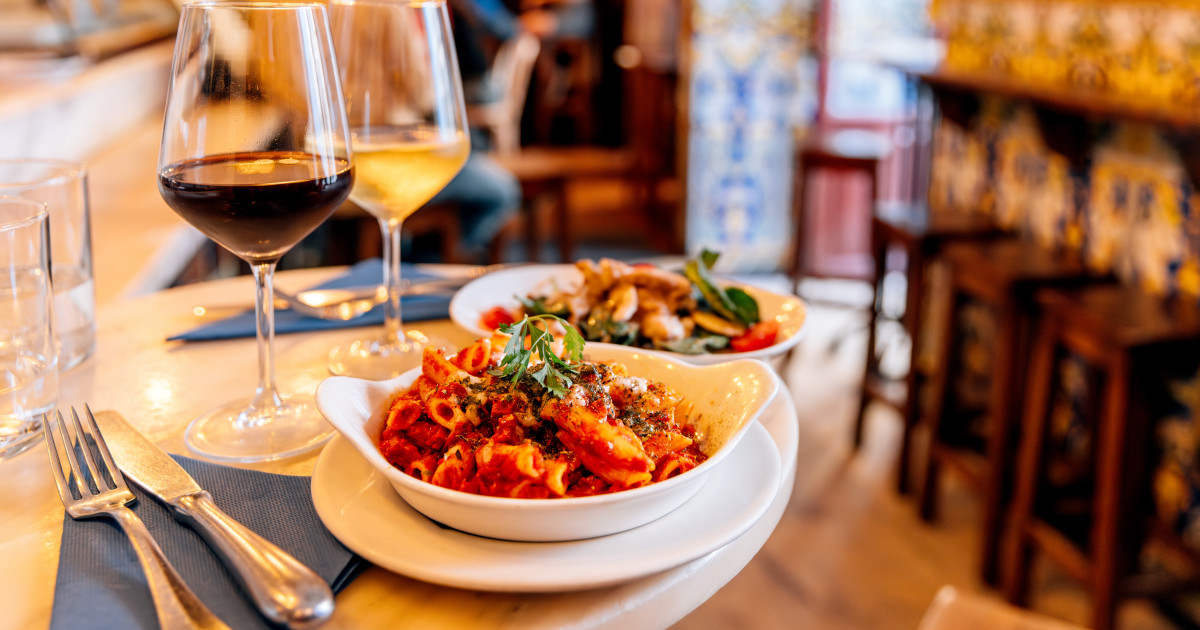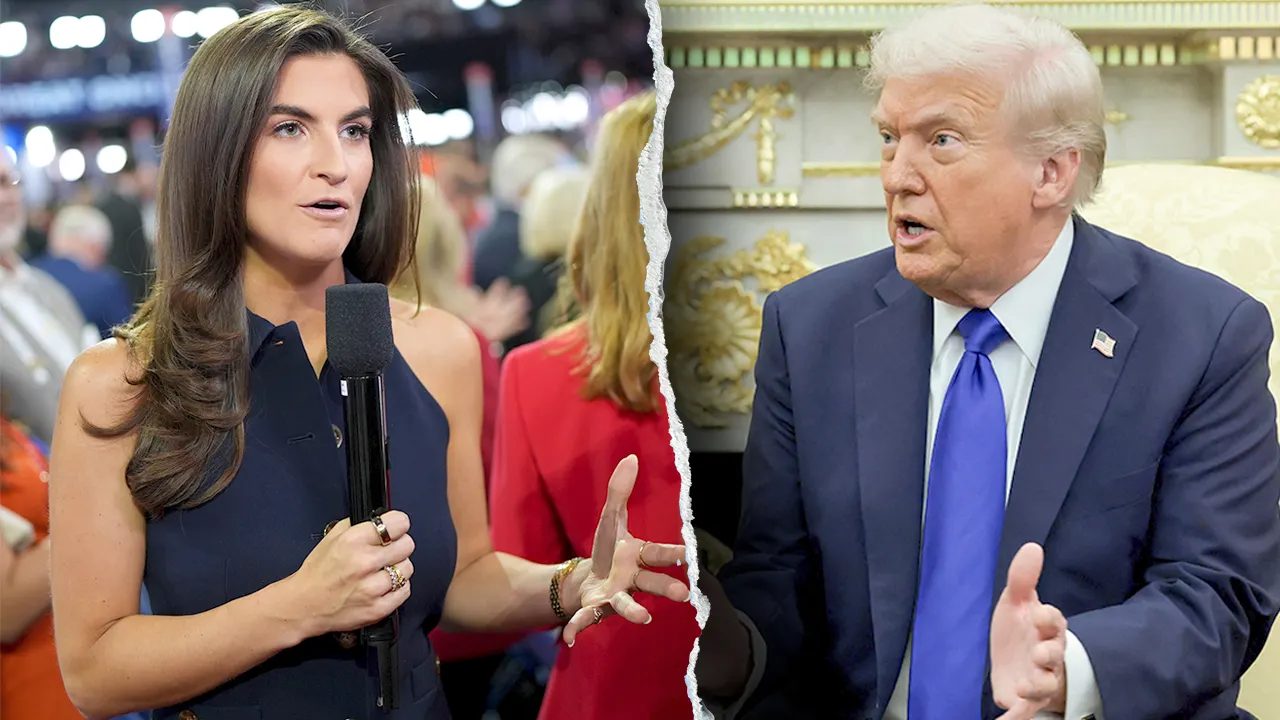Copyright Parade

Key Points U.S. announces a 92% antidumping duty on Italian pasta, in addition to current tariffs. Import costs could more than double; some Italian pasta brands may leave U.S. shelves, causing a pasta shortage as a result. Italian officials call the tariffs "clearly unacceptable" and are actively opposing the decision, which could begin as early as January 2026. Big fans of Italian cuisine may want to start stocking up on pasta now! Thanks to a new tariff that may be placed on Italian pasta in the new year, there could be fallout ranging from increased prices to shortages to some pasta brands disappearing from American shelves altogether. Related: These Bobby Flay Hacks Can Salvage Any Thanksgiving Dinner Emergency In October, the U.S. Commerce Department announced a 92 percent antidumping duty on Italian-made pasta, on top of the existing 15 percent tariff on European Union imports. Talk of the new duty comes after a probe into “price dumping” or Italy-based companies selling pasta below market value to edge out U.S. competitors. If it were to pass, pasta companies would face a total 107% fee to import, which means costs could more than double to make up for it — or brands could stop selling their products to the United States altogether. “It’s an incredibly important market for us, but no one has those kinds of margins,” Giuseppe Ferro, La Molisana’s chief executive, told The Wall Street Journal on Nov. 10. “It would be a real shame to have the market snatched from us for no real reason.” 🎬 SIGN UP for Parade’s Daily newsletter to get the latest pop culture news & celebrity interviews delivered right to your inbox 🎬 The tariffs would impact all pasta brands based out of Italy, which, besides La Molisana, include popular names like Pasta Garofalo, Agritalia, Aldino, Antiche Tradizioni Di Gragnano, Barilla, De Cecco, Gruppo Milo, Pastificio Artigiano Cav. Giuseppe Cocco, Pastificio Chiavenna, Pastificio Liguori, Pastificio Sgambaro, Pastificio Tamma and Rummo. It could also affect some store brands that import their macaroni from Italy, including many Trader Joe’s products. Their Gigli Pasta is made with semolina sourced from farms in Puglia and created in Bari, their Capellini is produced outside of Naples, and their Farfalle is “made for us by one of the most renowned pasta makers in Italy, using a specific variety of wheat that’s grown only in Southern Italy,” according to their website. Related: TV Chef Alex Guarnaschelli Admits She Breaks This ‘Controversial’ Kitchen Rule Pasta fans are stressing over the news. “Barilla and Rummo? Those are the only two brands I buy right now,” said one X user, while another wrote, “This is a problem.” A third joked, “So… Pasta la vista, baby?” Officials in Rome are working to prevent the move from the Trump administration. Italian Foreign Minister Antonio Tajani put together a diplomatic task force with the intention of fighting back against the decision, and European Union trade chief Maros Sefcovic said that the tariffs were “clearly unacceptable.”



